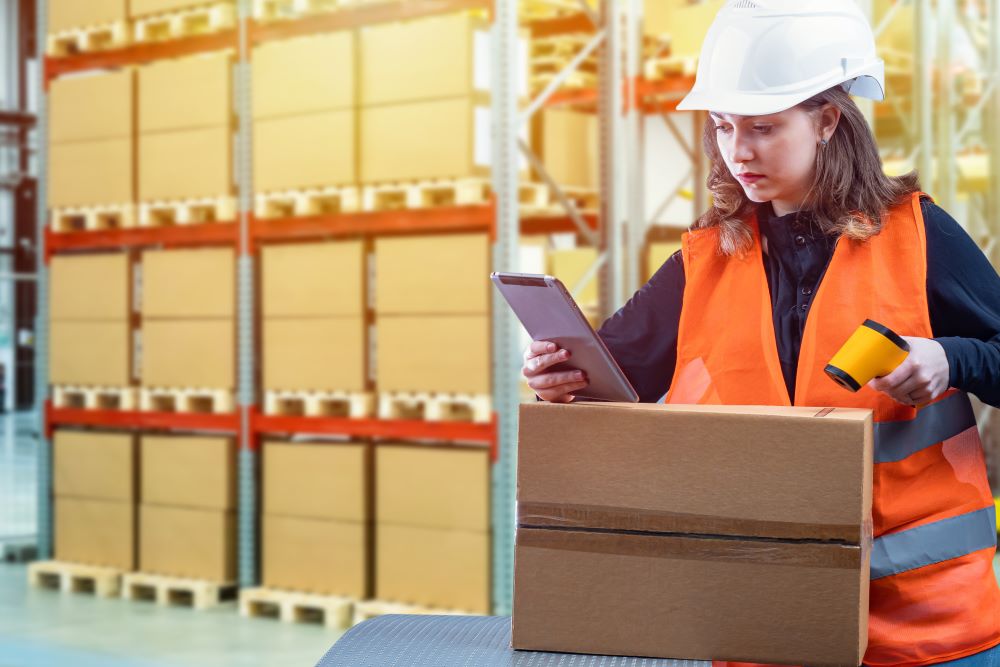
The introduction of a voluntary standards scheme for customs intermediaries could boost UK trade, protect supply chains and help professionalise the sector, according to research from the Institute of Export & International Trade (IOE&IT).
Citing concerns about the varying quality of services given to traders by the customs intermediaries, HMRC launched a consultation in June on its plans to introduce a voluntary standard for the industry, aiming to improve “the quality of service”.
In its response to this consultation, IOE&IT surveyed its members, the wider trader community and industry experts, and has concluded that it would support the introduction of this standard.
Accreditation needed
Intermediaries – including customs agents, brokers and freight forwarders – support businesses that move goods internationally by submitting customs declarations on their behalf or by assisting them with this process.
The IOE&IT research found strong support for a government-backed scheme involving accreditation to improve the standard of the services provided by these intermediaries.
Many traders reported having to spend time and effort sifting through different agents in order to find the right one to hire and said that they believed a standards regime would make this process easier, as well as improving the quality of intermediaries
generally.
Education
There was also broad support for making the requirements mandatory rather than voluntary among the businesses consulted by business.
A majority of respondents (58%) believed that an integrated standard, aimed at both organisations and individuals, would be more suitable than a ‘dual-track’ approach.
In July, 64% of attendees to an IOE&IT webinar supported the introduction of a voluntary standard for customs intermediaries, with a significant majority (87%) adding that training and education would have a ‘very important’ role to play in this standard.
Accreditation
Another key finding of the research was traders’ belief that official recognition would help to build confidence in any new voluntary standards.
Bodies like UK Accreditation Service (UKAS) and the British Standards Institute (BSI) are typically responsible for overseeing and developing new standards and qualifications across a variety of different sectors.
We’ve listened
Marco Forgione, IOE&IT director general, called on government to take note of the IOE&IT’s response, saying it reflects the mood of the business community. He said:
“For the UK to truly make the most of the opportunities that are out there in global markets, it’s clear that the customs and trade sector needs to professionalise.
“IOE&IT has surveyed our community of internationally trading businesses and found that the community supports the introduction of voluntary standards for intermediaries.
“The community also wants these standards to be backed by accreditation and qualifications that proves that the intermediaries they hire have the skills needed to deliver a quality service.
“The IOE&IT invites the government to consider this feedback from businesses, and we stand ready to support the introduction of standards for customs intermediaries through our world class suite of qualifications and training courses.”
Future border
In its report on the future of the UK border launched last year – entitled ‘Enhanced efficiency: Building a UK border fit for the 21st century’ – IOE&IT advocated for an accredited customs broker qualification to improve the quality of services in the sector.
There is currently no requirement for intermediaries to have formal accreditation or qualification when operating in the UK, unlike in many other countries around the world.
The HMRC consultation will close today (30 August).



